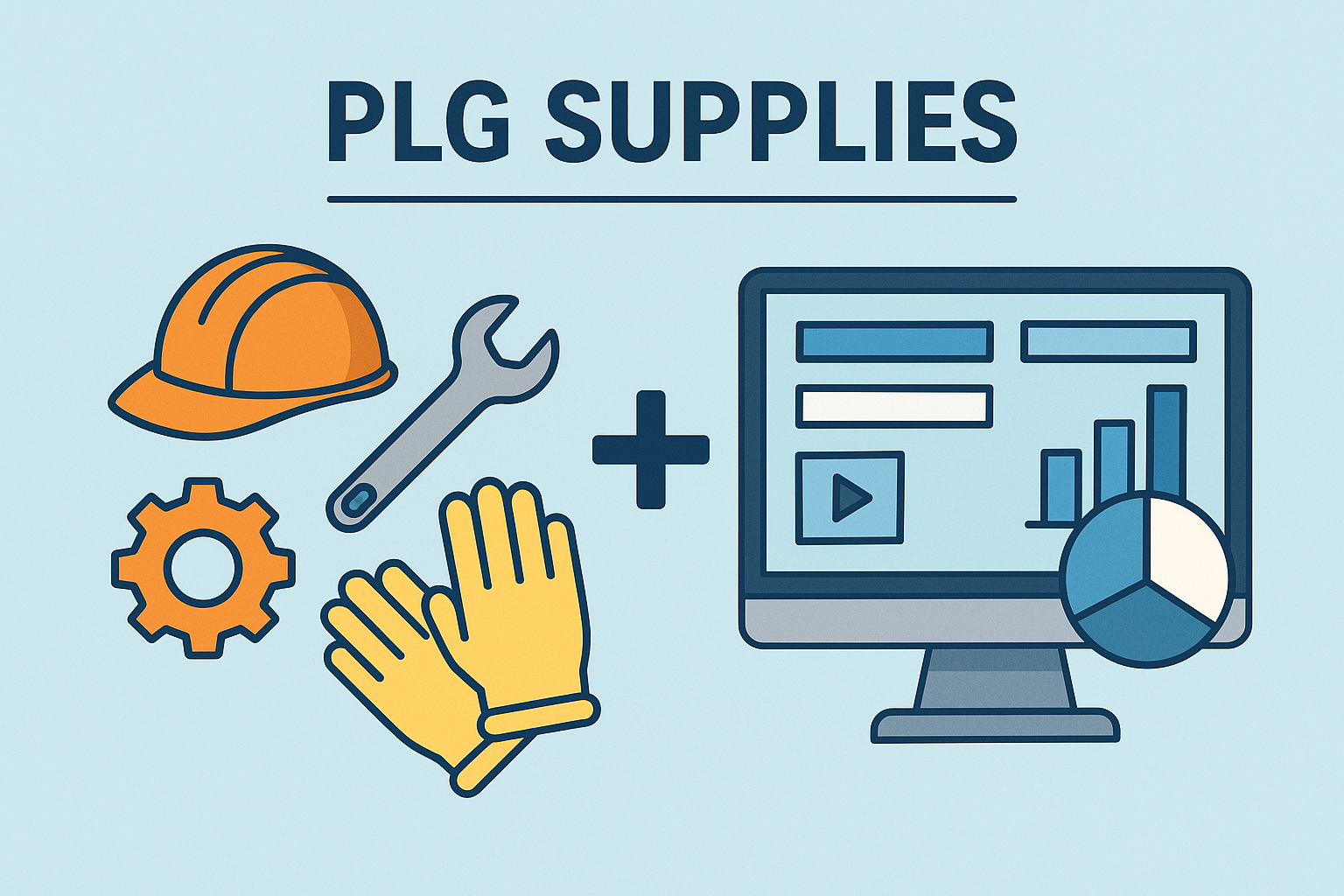Can Heavy Rain Affect Plumbing?
Heavy rain can significantly impact plumbing systems in various ways. Excessive rainfall can lead to drainage issues, increased water pressure, and potential sewer overflows, all of which may compromise plumbing integrity. Understanding these effects is crucial for homeowners who want to prevent costly repairs and maintain a functional plumbing system.
When heavy rain occurs, the capacity of storm drains and sewer systems can be overwhelmed, causing backups and potential flooding. This can result in water infiltration in basements and crawl spaces, damaging fixtures and affecting the overall plumbing infrastructure. Awareness of these risks helps homeowners take proactive steps to safeguard their properties.
Proper maintenance and timely interventions can mitigate some of the adverse effects heavy rain has on plumbing. Homeowners should consider inspecting their drainage systems and ensuring their plumbing fixtures are in good condition. Being informed can make a significant difference in maintaining a reliable plumbing system, especially during rainy seasons.
How Heavy Rain Affects Plumbing Systems
Heavy rain can significantly impact plumbing systems, leading to various issues that homeowners should be aware of. The effects can vary depending on the type of plumbing system in place, often resulting in complications that require immediate attention from professionals.
Impact on Sewer Systems
Intense rainfall often results in excess water entering sewer systems. This can lead to stormwater overflow, which may overwhelm the system’s capacity. When sewer lines are stressed, waste can back up into homes, creating health hazards and sanitation issues.
Plumbers from West Palm Beach frequently encounter situations where heavy rain leads to surface flooding. This can result in increased pressure on sewer pipes, causing cracks or leaks. Timely maintenance and proper drainage systems are essential to mitigate these risks during heavy rain events.
Effects on Septic Systems
Heavy rainfall can compromise the effectiveness of septic systems. The ground can become saturated, which may prevent the proper absorption of wastewater into the soil. This disruption can lead to septic system failure, resulting in unpleasant odors and potential leakage.
When septic systems backup, homeowners may notice gurgling sounds or slow drainage. Maintenance experts recommend regular inspections, especially before the rainy season, to ensure systems are functioning appropriately. Treatment options may be necessary if heavy rains have caused significant disruptions.
Drainage Complications
Heavy rain can overwhelm drainage systems, leading to pooling water and flooding. Inadequate drainage may cause water to back up into basements and crawl spaces, increasing the risk of mold and water damage.
Proper gutter installation and maintenance are crucial. Homeowners can benefit from landscaping strategies that direct water away from their foundations. Plumbers in West Palm Beach often suggest installing French drains or other drainage solutions to manage water effectively and protect plumbing infrastructure during heavy rain events.
Common Plumbing Issues During Heavy Rainfall
Heavy rainfall can lead to several plumbing challenges that homeowners may face. It is crucial to recognize these issues to address them promptly and effectively. Below are key problems often encountered during such weather conditions.
Overflowing Gutters and Downspouts
When heavy rain occurs, gutters and downspouts can become overwhelmed. Clogged gutters are a common culprit, often filled with leaves, debris, or nests. This blockage prevents water from flowing properly, leading to water spilling over the edges.
The excess water can then seep into the foundation of the home, causing potential structural damage. Regular maintenance of gutters is essential, especially before the rainy season. Homeowners in areas with heavy rain should consider installing gutter guards to minimize debris accumulation.
Backed-Up Drains
Heavy rainfall can also result in backed-up drains, particularly if the municipal sewer system is overwhelmed. When the drainage capacity exceeds its limits, water may flow back into homes, causing flooding in basements or lower-level areas.
Homeowners should ensure that their drainage systems are clear of obstructions. Installing a backwater valve can be a preventive measure against sewer backup. This device prevents water from flowing back through the drain and into the home during intense rain.
Sump Pump Failures
For homes with basements, sump pumps play a crucial role during heavy rain. These pumps help manage groundwater and prevent flooding. However, a failed sump pump can lead to significant damage when heavy rain strikes.
Regular testing and maintenance of the sump pump are vital. Homeowners should check the power source and the pump’s operational status before storms arrive. In high-risk areas, having a backup sump pump system can provide additional protection against failure during heavy rainfall.
Preventative Measures and Solutions
Taking proactive steps can significantly minimize plumbing issues related to heavy rain. Adequate preparation and regular upkeep ensure that a home’s plumbing system withstands intense weather events.
Regular Maintenance and Inspections
Routine maintenance plays a crucial role in preventing plumbing failures. Homeowners should schedule inspections with local plumbers in West Palm Beach to check for leaks, corrosion, and blockages.
Key areas to inspect include:
- Pipes: Look for signs of wear, rust, or damaged fittings.
- Drains: Clear out debris that may obstruct water flow.
- Sump Pumps: Ensure they are operational and clean.
By conducting thorough inspections every six months, issues can be detected early. A plumber can also recommend upgrades to older systems, which may be vulnerable during heavy rain.
Installing Additional Drainage
Installing supplementary drainage systems can help redirect excess rainwater away from the home. Effective solutions include:
- French Drains: These channels collect and redirect water away from the foundation.
- Gutter Systems: Clean and extend gutters to prevent overflow. Downspouts should direct water at least six feet from the building.
Additionally, consider the installation of drain tiles, which can provide a way for excess groundwater to flow away. Leveraging the expertise of a plumber ensures these systems are correctly installed and maintained.
Emergency Procedures
Having a plan in place for severe weather can mitigate plumbing damage. Homeowners should familiarize themselves with emergency procedures, such as:
- Shutting Off Water Supply: Know where the main shut-off valve is located to prevent flooding.
- Creating a Flood Plan: Identify areas prone to flooding and move valuable items or equipment to higher ground.
In addition to preparation, having contact information for emergency plumbing servicescan expedite response time during a crisis. Keeping essential materials, like sandbags, around the property can also help manage minor flooding issues effectively.







